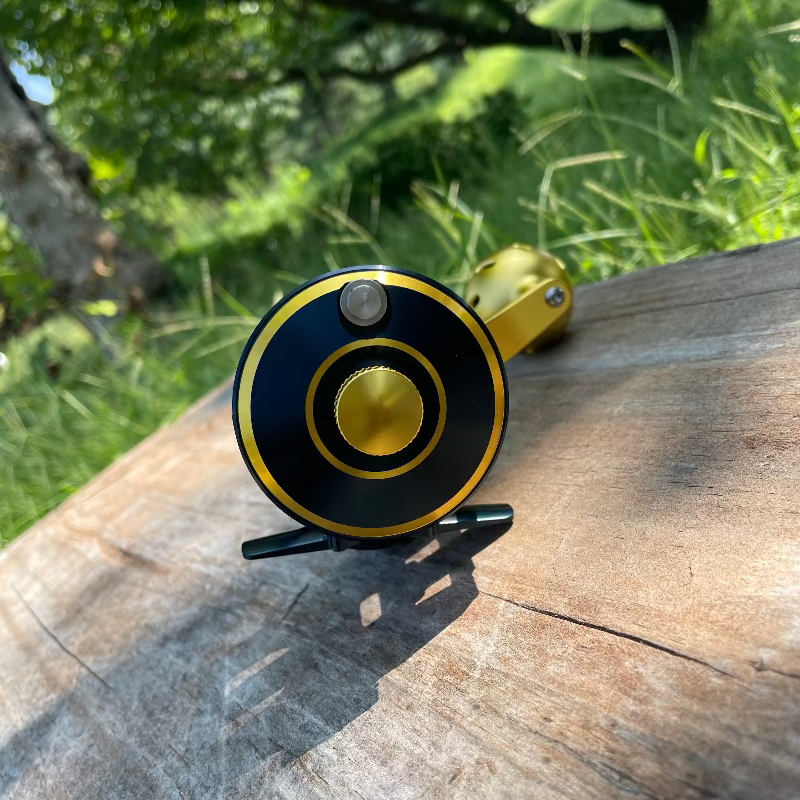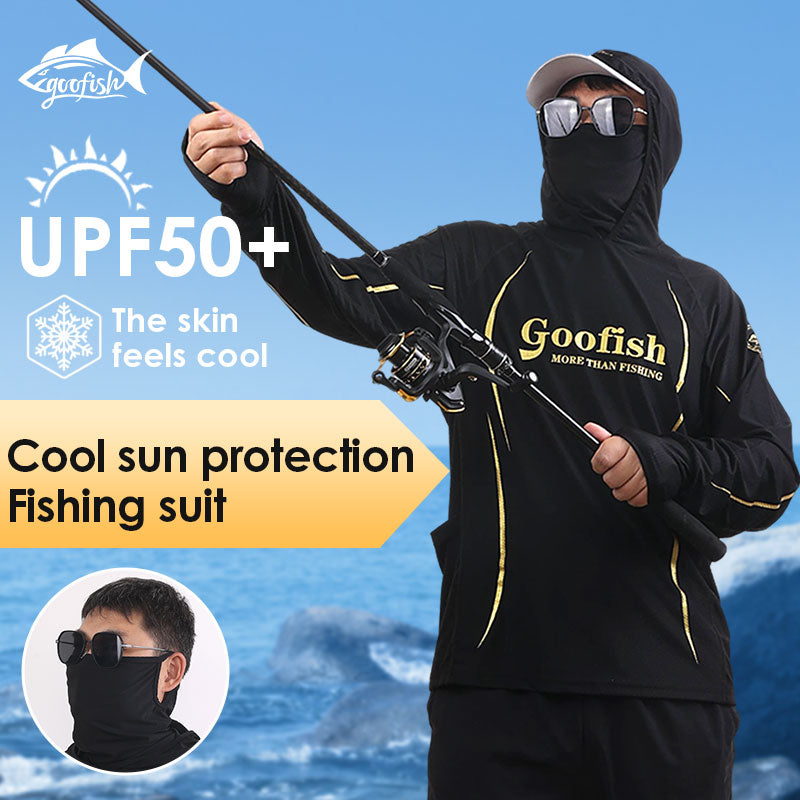🌊 3 Saltwater Jigging Rod Mistakes Newbies Must Avoid (Pick the Right One!)
Ready to master saltwater jigging? New anglers often dive into gear without understanding how rod selection impacts their catch. Today, we’re breaking down the top 3 mistakes that could be ruining your jigging game—plus, how to choose a rod that turns frustration into fish-on excitement!
Mistake #1: Choosing the Wrong Rod Action for Your Technique
A common error is treating all jigging rods as interchangeable. But here’s the truth: your vertical jigging rod vs. slow rod choice depends entirely on your target species and technique.
- Vertical jiggers (targeting tuna, marlin, or mahi-mahi) need a rod with fast action—think “whippy” yet powerful tips that transfer explosive power through the water.
-
Slow-jigging enthusiasts (going after grouper or snapper) benefit from moderate-fast action rods that offer sensitivity for bottom contact and forgiveness on long drops.
⚠️ Avoid “all-purpose” rods with medium action—they’ll underperform in both scenarios!
Mistake #2: Ignoring Power Rating and Saltwater Conditions
Saltwater is unforgiving, and a rod’s power (ultralight, medium-heavy, etc.) must match your environment. Too light, and your rod will snap under aggressive fish; too heavy, and you’ll tire out before the first bite.
🔍 Key factors:
- Line weight rating: Match to your spinning reel or baitcasting reel setup (e.g., 15-30 lb for offshore jigging).
-
Tip strength: A weak tip ruins hooksets; a robust midsection absorbs shock from jumping fish.
Pro tip: Opt for graphite/carbon fiber blanks—they’re lightweight yet durable for endless casts in salt spray.
Mistake #3: Forgetting the Importance of Leader Material & Line Compatibility
Your rod isn’t just about the blank—you need the right support system! Many newbies mismatch line types, leading to tangles, break-offs, or lost fish.
✅ The right setup:
- Monofilament line (15-30 lb test) for beginners—affordable, abrasion-resistant, and ideal for vertical jigging.
- Braided line (30-50 lb) paired with a monofilament leader (1-2 ft) for slow-jigging in heavy structure.
- Always check your rod’s butt diameter to ensure your reel sits securely—loose reels = wobbly casts and missed opportunities.
🎯 Choosing the Perfect Saltwater Jigging Rod: Your Checklist
Not sure where to start? Look for these red flags in a quality rod:
- Craftsmanship: Reinforced ferrules (no cracking!), smooth cork grips, and a balanced swing weight.
- Specialized Features: Some rods come with ice fishing black coatings (UV protection for longevity) or anti-corrosive guides—critical in saltwater!
- Brand Reputation: Trust brands like Daiwa, Shimano, or Lew’s—they design rods specifically for jigging dynamics.
💡 Final Word: Your Rod is Your Fishing Partner
A great jigging rod doesn’t just catch fish—it makes the journey enjoyable. By avoiding these rookie mistakes, you’ll spend less time troubleshooting and more time reeling in memories. Remember: knowledge is power, and in saltwater, the right rod is your secret weapon.
Ready to level up? Share this guide with fellow anglers and let’s conquer the waves together! 🚤✨








0 comments